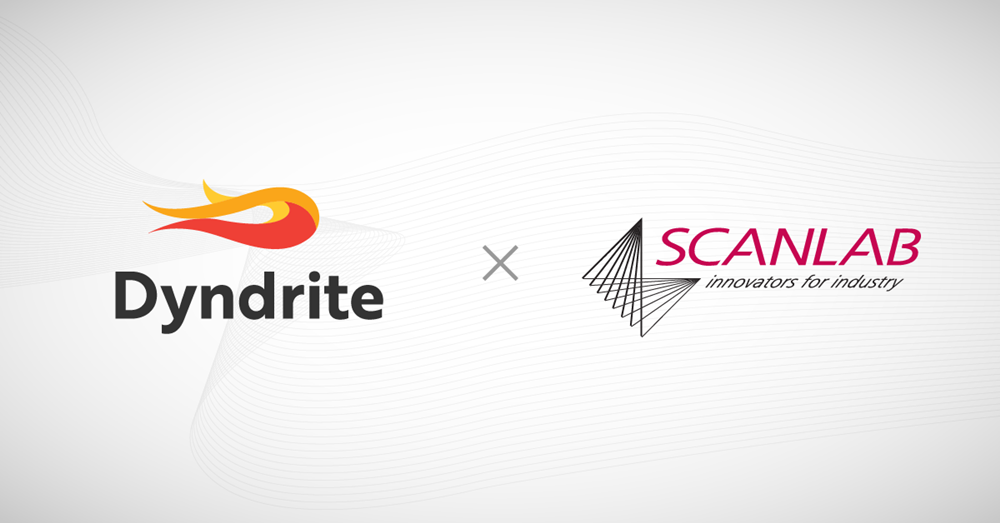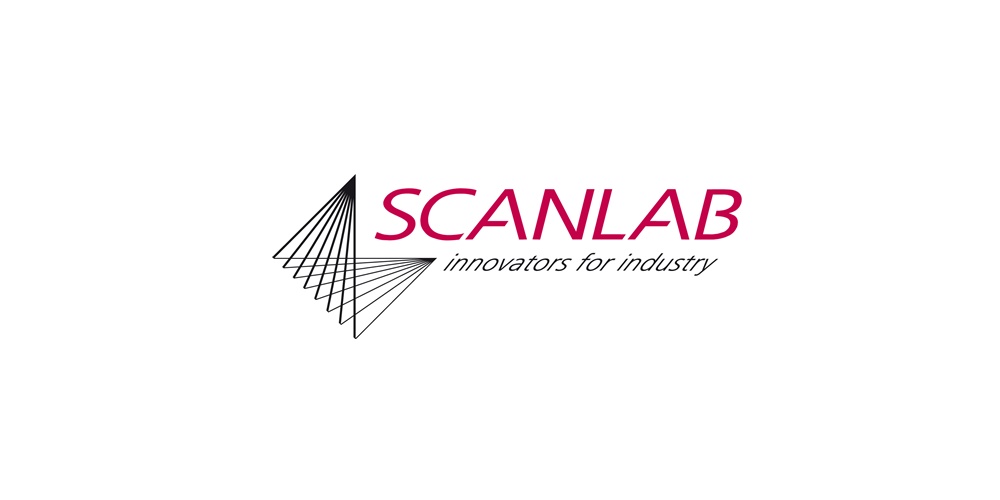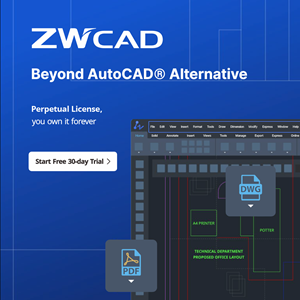FRANKFURT, Germany, Nov 17, 2022 – At Formnext 2022, Dyndrite, providers of the GPU-accelerated computation engine used to create next generation digital manufacturing hardware and software, announced a collaboration with SCANLAB GmbH and Fraunhofer-Institute for Laser Technology (ILT) to leverage the Dyndrite Engine and Toolpath API to prepare high-resolution data for SCANLAB-based laser powder bed fusion (LPBF) machines. The effort is expected to unlock the inherent power and capabilities of SCANLAB-based machines.

“SCANLAB’s scan systems are on the receiving end of the data chain. They execute the laser beam steering commanded by the machine’s software. However, today’s LPBF machines do not provide the high-resolution data that our hardware control is capable of executing,” said Daniel Reitemeyer, SCANLAB GmbH. “Dyndrite has the ability to calculate process parameters at extremely high resolutions that can drive our laser control system to its fullest.”
“Our goal is to produce software that exceeds the demands of today’s hardware, and provides a springboard for the next generation,” said Harshil Goel, CEO, Dyndrite. “SCANLAB hardware has more capabilities than many manufacturers are currently using. Our joint effort aims to unlock what’s possible, from both ends of the problem, marrying software that is finally capable of unleashing the power of SCANLAB lasers.”
Dyndrite is the developer of the world’s GPU-Powered Accelerated Computation Engine (ACE) and associated Application Developer Kit (ADK). The combined solution enables hardware and software developers to create powerful and robust next-generation additive manufacturing solutions. It provides direct support for a number of industrial additive manufacturing processes, including jetting, photopolymerization and laser powder bed fusion (LPBF). Additionally, it introduces new advances such as 3D volumetric segmentation, a ground-breaking capability that enables users to assign sophisticated process parameters based on the volumetric analysis of the 3D part – opening the door to new part types, build strategies and material properties.
“If you look closely, LPBF processing has not developed significantly in the last 15 years. However, the requirements of the users have – especially with regard to series applications. For this reason, we at Fraunhofer ILT are working on new approaches to adaptive process control in order to increase process robustness, part quality and productivity.” Said Dr. Tobias Pichler at Fraunhofer ILT. “The cooperation with Dyndrite and SCANLAB is the perfect pairing for us to make our adaptive LPBF process control, which has so far only been implemented at laboratory level, available for industrial applications.”
The researchers at Fraunhofer ILT will use their process knowledge and know-how in machine software design to demonstrate the use cases and applications of the Dyndrite / SCANLAB integration. It is expected that the resulting work will yield better part quality, with less distortion and targeted mechanical properties for LPBF users.
Results of the company’s efforts will be reflected in the Dyndrite ADK and recently introduced Materials & Process Development for LPBF software.
Please stop by the following booths at Formnext 22 to learn more:
Dyndrite Hall # 11.0 Booth # C61
SCANLAB Hall # 12.0 Booth 12
Fraunhofer ILT Hall # 11.0 Booth D.51
About Dyndrite
Dyndrite’s mission is to fundamentally affect how geometry is created, transformed and transmitted on a computer. Our Application Development Kit (ADK), gives hardware and software companies the power, freedom and control necessary to deliver on the potential of digital manufacturing.
The Dyndrite Accelerated Computation Engine (ACE) is the world’s first multi-threaded, GPU-accelerated Geometry Software Developer Kit (SDK). Accessible via both C/C++ and Python interfaces, the Dyndrite Engine democratizes access to a hyper-scalable, geometry-agnostic set of digital manufacturing software tools that deliver eyebrow-raising performance. The company licenses the Engine to hardware, software and enterprise customers. Dyndrite’s team of mathematicians, computer scientists, and engineers exist to help our partners and licensees solve the toughest geometry, compute and automation problems so they can deliver production at scale. We aim to ignite their purpose.
Investors include Gradient Ventures, Google’s AI-focused Investment Fund and former Autodesk CEO Carl Bass. The company was founded in 2015 and is headquartered in Seattle, WA. Dyndrite was named a World Economic Forum Technology Pioneer for 2021.
For more information, visit www.dyndrite.com.
About SCANLAB GmbH
With over 35,000 systems produced annually, SCANLAB GmbH is the world-leading and independent OEM manufacturer of scan solutions for deflecting and positioning laser beams in three dimensions. Its exceptionally fast and precise high-performance galvanometer scanners, scan heads and scan systems are used in industrial materials processing and the electronics, food and beverage industries, as well as biotech and medical technology.
For more than 30 years, SCANLAB has secured its international technology leadership through pioneering developments in electronics, mechanics, optics and software, as well as the highest quality standards. For more information, visit https://www.scanlab.de/en.
About Fraunhofer ILT
With over 480 employees and more than 40 spin-offs, the Fraunhofer Institute for Laser Technology ILT in Aachen, Germany, is one of the leading contract research and development institutes in its field. For more than 35 years, the Fraunhofer ILT experts have been developing and optimizing laser beam sources and laser processes for production and metrology, energy and mobility, medical and environmental technology, as well as quantum technology.
The Laser Powder Bed Fusion (LPBF) department of the ILT has been developing the LPBF process and the associated equipment technology and software for over 25 years. In the field of process technology, the research team at the ILT is particularly concerned with part- and application-specific LPBF process control: The local adaptation of scan strategies and process parameters down to the subvector range makes it possible, for example, to avoid local overheating, to reduce support structures and to locally adjust application-specific part properties.






